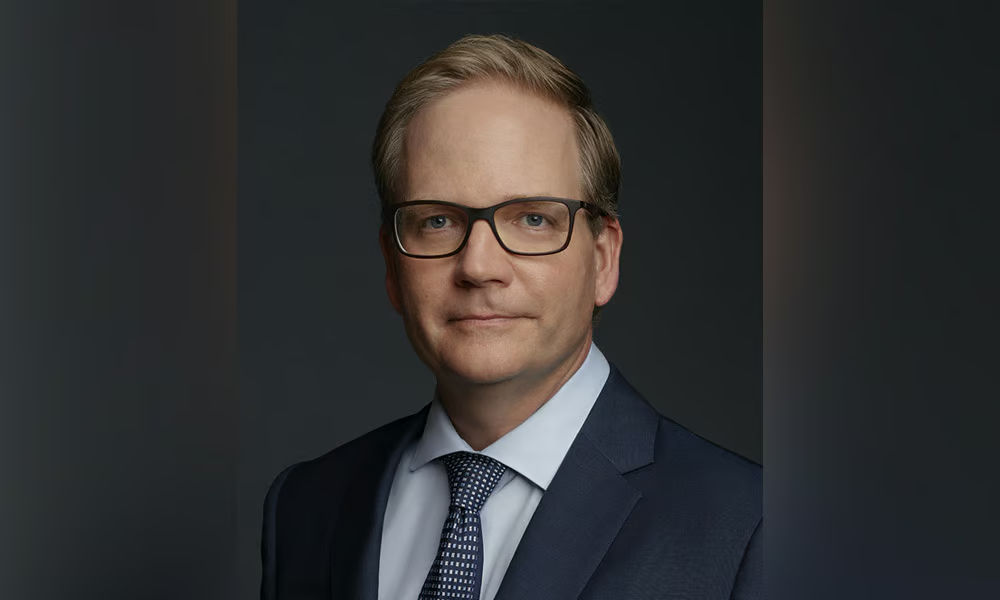The industry’s dominance among alternative asset classes has vanished, but there are bright spots and paths forward

It could be due to the rise of index investing, or maybe it’s the lasting effect of investors’ relatively newfound appreciation of fees as they compare to performance. One thing’s for certain: the glory days of hedge funds are over.
In a column published by the CFA Institute, the head of Preqin’s data products team and the firm’s in-house expert on the hedge fund industry shared research and results from a mid-2018 poll of more than 300 fund managers and 120 institutional investors in alternatives.
“Based on the industry’s viewpoint and our proprietary data, we predict that the hedge fund industry will grow by 31% in the next five years, reaching US$4.7 trillion in 2023,” wrote Amy Bensted. In percentage terms, that is the smallest anticipated increase among all the alternative asset classes tracked by Preqin, but it amounts to a projected net capital growth of US$1.1 trillion.
That capital growth projection is second only to private equity, which Preqin expects to become the largest alternatives industry at US$4.9 trillion. Seventy-nine per cent of private-equity investors surveyed expect to increase their private-equity allocations by 2023; over the same period, only 27% of hedge-fund investors anticipate that they’ll raise their hedge-fund allocations, and 16% expect to decrease theirs.
“Given the strong returns and record distributions in the private capital sector, it is little surprise that investors are beginning to shift towards illiquid alternatives,” Bested said. But she added that even though the projected growth in hedge-fund allocations is modest compared to private equity growth, hedge-fund investors typically allocate 14%-15% of their portfolios to hedge funds, as opposed to private-equity investors putting around 9%-10% of theirs in private equity.
“[T]here will likely be a large amount of activity [in the hedge-fund space], as investors continue to redeem and rebalance their holdings depending on market conditions and tactical objectives,” she said.
Notably, 76% of hedge-fund managers polled predicted an increase in the share of capital they receive from institutions; family offices were cited by 66%, foundations by 52%, and sovereign wealth funds and endowment plans by 46%. In contrast, just 38% and 36% predicted an increase from private sector and public pension funds, respectively.
The prospect of consolidation weighed heavily on hedge-fund managers’ minds, with 91% expecting more of it through 2023. But there are silver linings: while 42% of respondents foresaw a decline in the share of capital from North America in five years, 64% and 59% forecast that investors from Europe and Asia-Pacific will be stepping in.” Many may open local offices to accommodate a more regionally dynamic investor pool, expand their range of product offerings, or invest in new technology and approaches,” he said.
An 88% majority of hedge-fund managers also agreed that technology will play a larger role for the industry, with 65% saying it’ll benefit fund operations. There was also a consensus that blockchain, cryptocurrencies, big data, and AI/machine learning will help in finding sources of alpha and reducing costs.
Follow WP on Facebook, LinkedIn and Twitter



